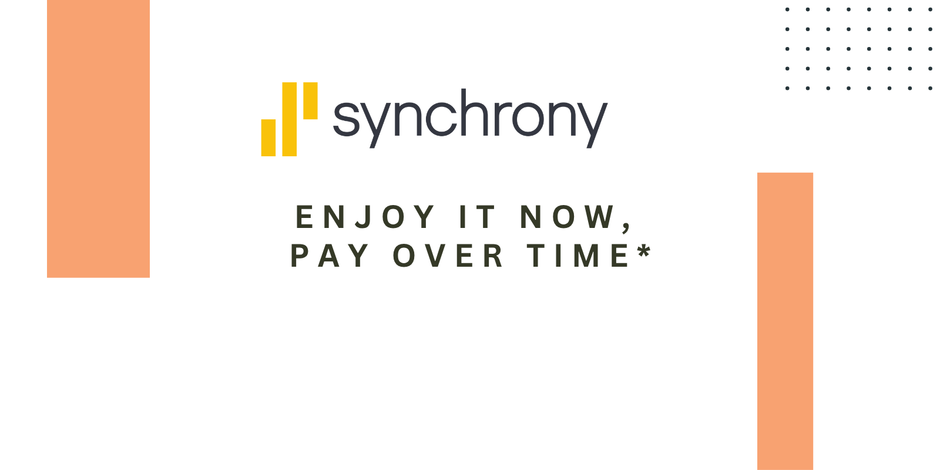🎵 Why Consistent Music Lessons Work: The Science Behind Our Subscription Model
At Irvine Art & Music, we’ve moved to a monthly subscription-based model for one core reason: it provides the most effective and scientifically sound learning experience for students.
This isn’t just about billing or scheduling. It’s about creating the ideal conditions for your child’s brain to grow, form strong habits, and genuinely enjoy their musical journey.
Below, we’ll explore the research-backed reasons why a consistent, weekly lesson structure benefits students — cognitively, emotionally, and developmentally.
1. 🧠 Repetition Builds Neural Pathways for Skill Mastery
When children learn to play an instrument, they aren’t just learning notes — they are forming entirely new brain connections.
Every time a student practices or attends a lesson, they engage brain regions related to auditory processing, motor coordination, memory, and spatial reasoning. But here’s the catch: for these connections to strengthen, they need to be used consistently.
✅ Example:
A piano student who learns a new scale this week, then waits two weeks for the next lesson, is likely to forget finger patterns, muscle coordination, or rhythm placement. In contrast, a weekly lesson reinforces that material before it fades, locking it into long-term memory.
🔬 The Science:
A study published in Nature Reviews Neuroscience (2005) showed that repetition over time increases myelination — the insulation around neural pathways — allowing faster, more accurate transmission of motor and auditory signals. This is how skills go from effortful to automatic.
💡 What this means for students:
Consistent weekly instruction helps music become “second nature,” making it easier to build upon previous concepts without constantly reviewing old material.
2. 📅 Routine Strengthens Executive Function and Emotional Regulation
Children thrive with routines. When students attend lessons at the same time every week — like they do in a subscription model — they develop time management, self-discipline, and predictability, all of which enhance learning.
According to research from the American Psychological Association, structured routines in childhood are associated with:
-
Higher levels of academic achievement
-
Better impulse control
-
Improved emotional regulation
✅ Example:
A child who knows they have lessons every Tuesday at 4 PM will naturally begin organizing their time around that event. Practicing, preparing, and showing up becomes habitual — no more "Are we doing lessons this week?" confusion.
This kind of structure mirrors successful educational models used in language learning, sports, and academics — where progress depends on regular exposure and reinforcement.
3. 🔁 Regular Feedback Loops Speed Up Learning
Learning music is a process of trial, feedback, and correction. The shorter the time between those steps, the faster the progress.
In a subscription model, students meet regularly with their instructor, allowing for:
-
Immediate correction of mistakes before they become habits
-
Continual goal setting and motivation
-
Ongoing tracking of progress and technique
✅ Example:
A violin student struggling with bow hold can have it corrected in one lesson, practice the adjustment, and return the following week for refinement. Without that quick feedback loop, small mistakes can become ingrained and harder to fix later.
🔬 The Science:
A study in The Journal of Research in Music Education found that students who received weekly, structured instruction demonstrated significantly faster improvement in technical skills and music reading than those receiving irregular instruction.
💡 What this means for students:
Consistent lessons ensure that progress is continuous and efficient, preventing regression or plateaus caused by long gaps between instruction.
4. 🧘♂️ Reduces Frustration and Builds Confidence
When lessons are irregular, students often feel like they’re starting over each time. This leads to frustration, decreased motivation, and even quitting. A consistent schedule keeps learning momentum high and avoids overwhelming students with the need to “catch up.”
✅ Example:
Imagine a student preparing for a recital. Weekly check-ins help them stay on track, adjust dynamics, and build confidence gradually. Missing even one week could create anxiety and uncertainty about their preparedness.
🔬 The Science:
According to Educational Psychology Review, consistent learning through spaced repetition (rather than cramming or irregular exposure) leads to deeper memory encoding and significantly reduces cognitive overload.
💡 What this means for students:
Consistency gives students a sense of progress, accomplishment, and emotional security — all of which are crucial for creative learning and risk-taking in music.
5. 🎭 Builds a Musical Identity and Long-Term Motivation
Music isn’t just an activity — it becomes part of a child’s self-concept. And children who consistently attend lessons are far more likely to internalize music as part of who they are.
A stable, subscription-based lesson structure reinforces this identity through regular engagement, ongoing practice, and predictable growth.
✅ Example:
When a child says, “I have violin on Wednesdays,” it becomes part of their routine and identity — like school or sports. That regularity gives music a consistent place in their world.
🔬 The Science:
A 2020 study in Psychology of Music found that students who viewed themselves as “musicians” (based on routine participation in lessons and ensembles) were more than 3x likely to continue their studies long-term, even after setbacks.
💡 What this means for students:
Subscription models support long-term growth by helping students see music not as a temporary activity, but as a meaningful, lasting part of who they are.
Final Thoughts: The Right Structure for Success
At Irvine Art & Music, our subscription model isn’t just a business decision — it’s a commitment to your child’s growth and success. From brain development and emotional stability to confidence and motivation, consistent weekly lessons provide the foundation for meaningful progress.
By choosing this model, you’re not only giving your child structure — you’re giving them scientifically supported tools for long-term learning, creativity, and joy.
Thank you for allowing us to be part of your child’s musical journey. We’re proud to support their development with structure, care, and intention — one lesson at a time.
🎼
— The Irvine Art & Music Team









